A two-day Annual Symposium of the Association of African Central Banks (AACB) has opened in Zambia with a call on African countries to always remain vigilant on internal and external risks and any other sources.
The theme of the two days symposium is “Recurrence of Shocks and Macroeconomic Implications for African Economies: Challenges and Prospects for Central Banks.
Officially opening the meeting in Livingstone on Thursday, in a speech read for him by Finance and National Planning Minister, Situmbeko Musokotwane, President Hakainde Hichilema said disturbances to economies, such as COVID-19, wars are things that occurred and can re-occur again.
Hichilema said it was, therefore, time for African countries to put their heads together and try to anticipate the future.
“It is therefore our expectations that your deliberations will contribute to strengthening monetary policy formulation and implementation taking into account the current and possible future challenges,” he said.
Hichilema said Zambia and other countries in the region faced considerable climate change effects resulting in severe drought in some and flooding in other countries.
He said in Zambia, the drought resulted in a substantial loss of power generation capacity and this loss adversely impacted the economy and inflation.
“Power rationing was the norm, and this increased operating costs for firms as they had to resort to more expensive forms of energy to continue operating,” Hichilema said.
He said consequently, economic growth and fiscal revenues declined, further constraining the already limited fiscal space.
“The COVID-19 pandemic, struck heavily here as in other countries. Two and half years ago, this city, so much dependent on tourism, was devastated in the midst of COVID-19,” Hichilema said.
Hichilema said global disruptions in food availability had since adversely affected Zambia, leading to a strong rise in food prices locally and fertilizer prices have also risen and become less available.
He added that Zambia found herself in unsustainable external debt and was the first to default on external debt servicing and this came at a time the effects of the other economic shocks were biting hard.
Bank of Zambia Governor, Denny Kalyalya, said one of the fundamental challenges countries faced was over-reliance on commodity exports, such as, minerals, crude oil, and agricultural products.
Read More:Bank of Zambia moves to check Kwacha volatility, offloads $6 million into forex market
He said this dependency had over the years made the economies highly susceptible to external shocks, making it difficult for most of our countries to meet our developmental goals, by, among other things, reducing the fiscal space.
“Climate change, particularly droughts, floods, and extreme weather events, is a significant exogenous shock causing disruptions to our economies,” Kalyalya said.
He said that it affected agricultural productivity, which threatened food security and livelihoods, infrastructure, and electricity generation for those countries dependent on hydro.
WARNING! All rights reserved. This material, and other digital content on this website, may not be reproduced, published, broadcast, rewritten or redistributed in whole or in part without prior express permission from ZAMBIA MONITOR.


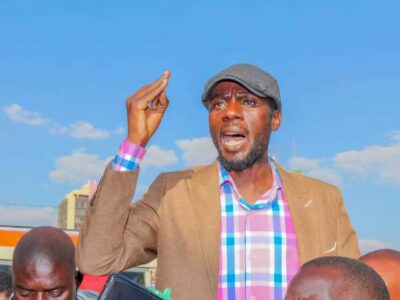
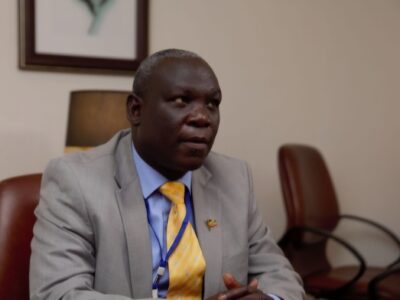
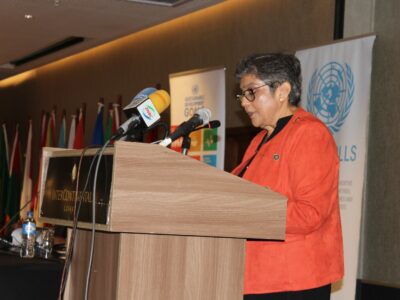

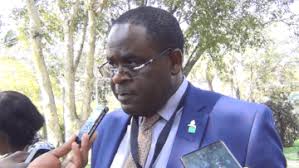
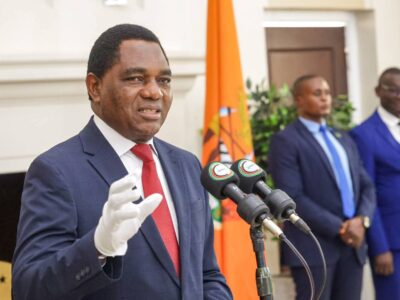




Comments